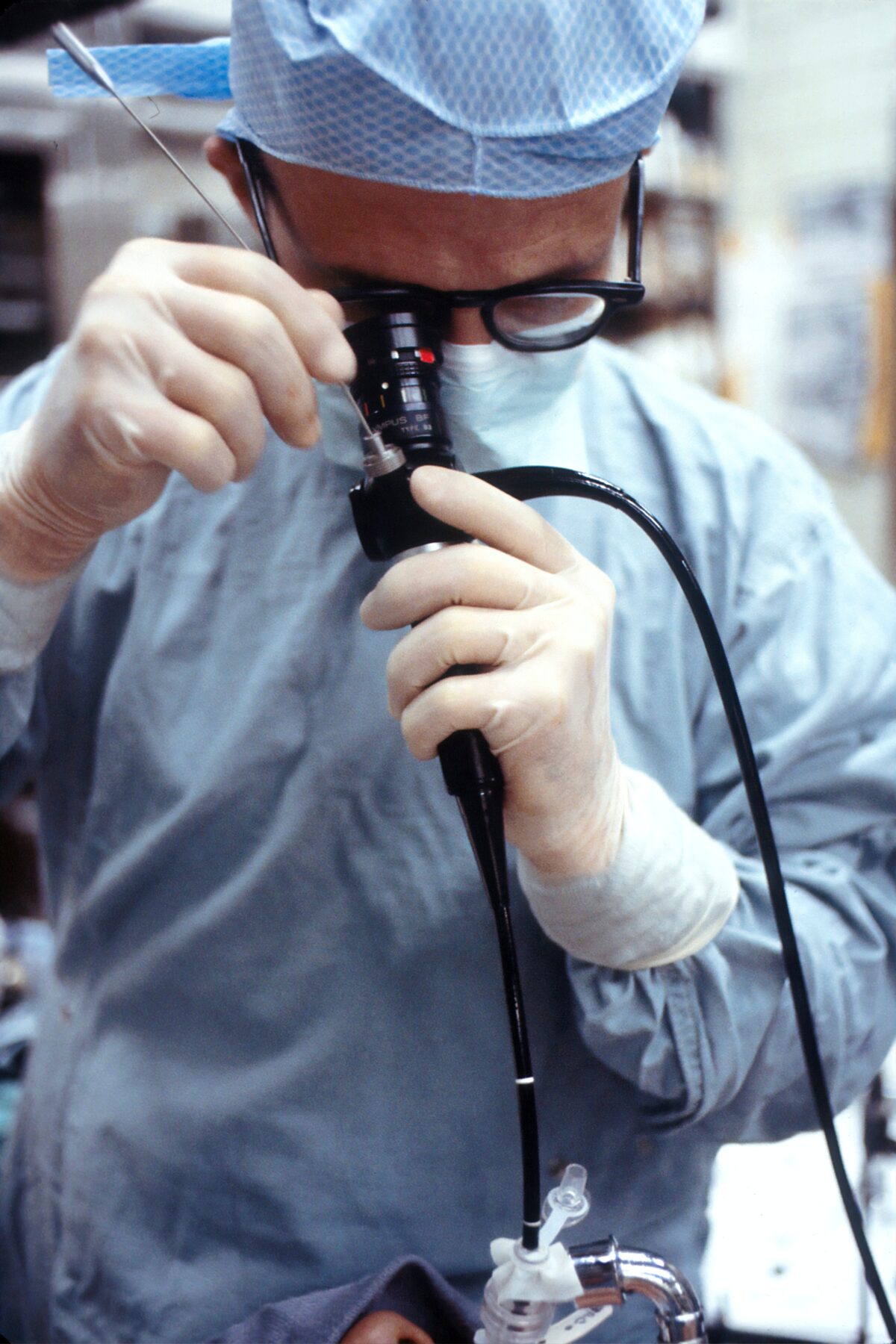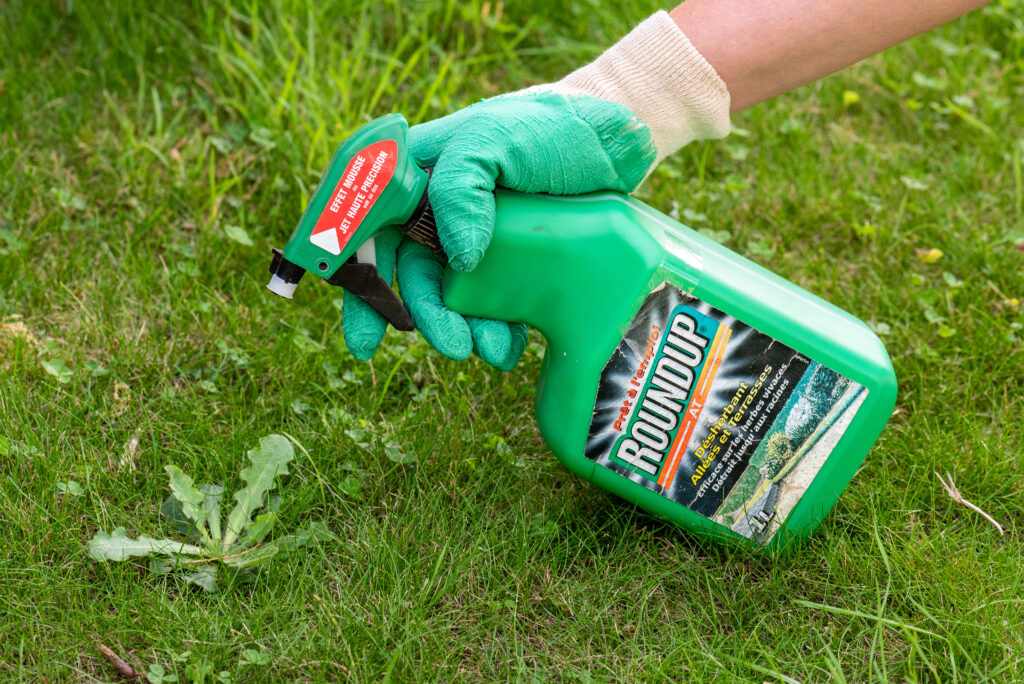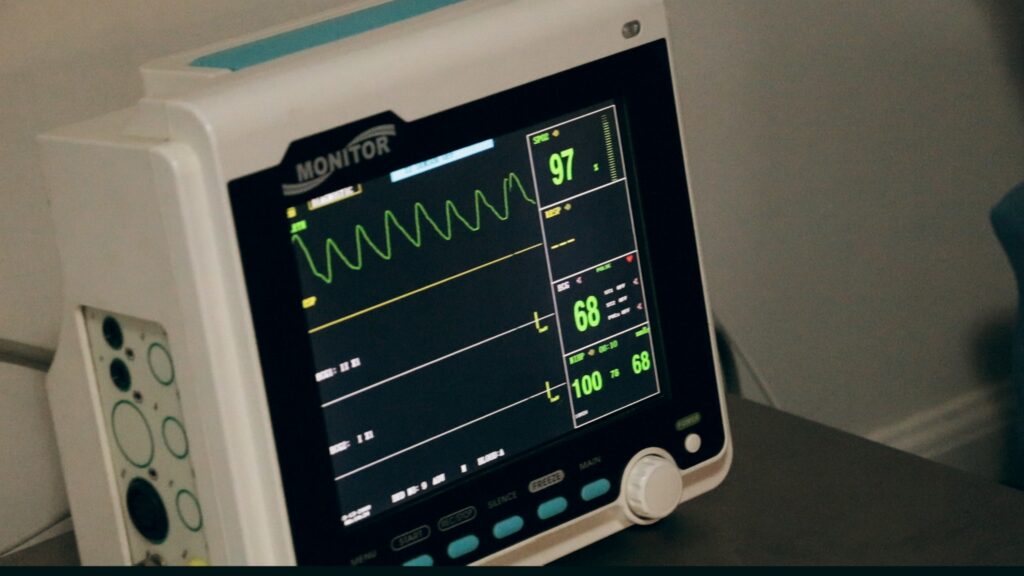The latest research is in – and shows it is long past time for medical scope manufacturers to improve safety.
At three major U.S. hospitals, nearly three out of four – 71 percent – of reusable medical scopes that were supposedly ready for patient use tested positive for bacteria, according to a recent study published in the American Journal of Infection Control.
Researchers found that even after health care workers had reportedly cleaned the scopes and prepared them for doctors to conduct colonoscopies, lung procedures, kidney stone removal and other procedures on patients, the medical devices still harbored pathogens. While cleaning and reprocessing lapses may have contributed to the problems at two of the hospitals, researchers found that in the one hospital that was appropriately reprocessing scopes, 62 percent of the endoscopes still had microbial growth and pathogens on them.
This is the latest development in an abysmal safety record that spans multiple superbug outbreaks spread by contaminated scopes, including from leading endoscope manufacturer Olympus Medical, which made 43 out of the 45 devices tested in the study.
Olympus is also at the center of a lawsuit brought by our clients, the Bigler family, after their husband and father Rick was infected with a superbug and died following an endoscopy with an Olympus duodenoscope.
As we’ve discovered from working with numerous infection prevention and control experts, several factors make these scopes prone to contamination. One thing is clear: if manufacturers truly cared about the well-being of patients, they would take meaningful steps to improve the safety of their products.
The Biglers will continue fighting to hold Olympus accountable for its willful negligence. In their case, the device manufacturer knew about design defects and cleaning issues years before Rick’s death, but made a purposeful decision to rush its product to market, without proper FDA clearance and without addressing safety issues, according to court documents.
For more information about the recent study, check out this story by Chad Terhune of Kaiser Health News, who has covered the Bigler’s story and scope safety issues for years.
You can also find additional background on the Bigler family’s case – and track ongoing updates – in this post on our blog.
If you or a family member have been injured, potentially due to a medical device, or if you have another legal issue you would like to discuss, we are here to help. You can reach us by phone: (206) 467-6090, or through our contact page.







